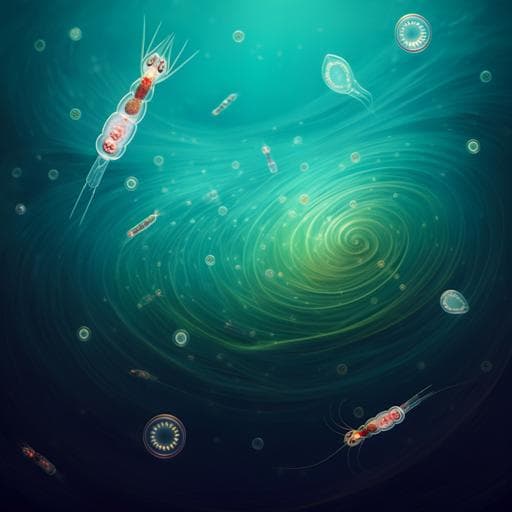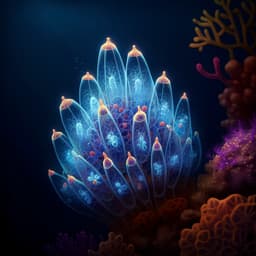
Earth Sciences
Decline in plankton diversity and carbon flux with reduced sea ice extent along the Western Antarctic Peninsula
Y. Lin, C. Moreno, et al.
This exciting study by Yajuan Lin and colleagues unveils how declining sea ice extent dramatically influences plankton biodiversity and carbon cycling in the Western Antarctic Peninsula. Discover how rising sea surface temperatures are linked to biodiversity loss and how machine learning predicts plankton community shifts with 80% accuracy, shedding light on our changing oceans!
Related Publications
Explore these studies to deepen your understanding of the subject.







